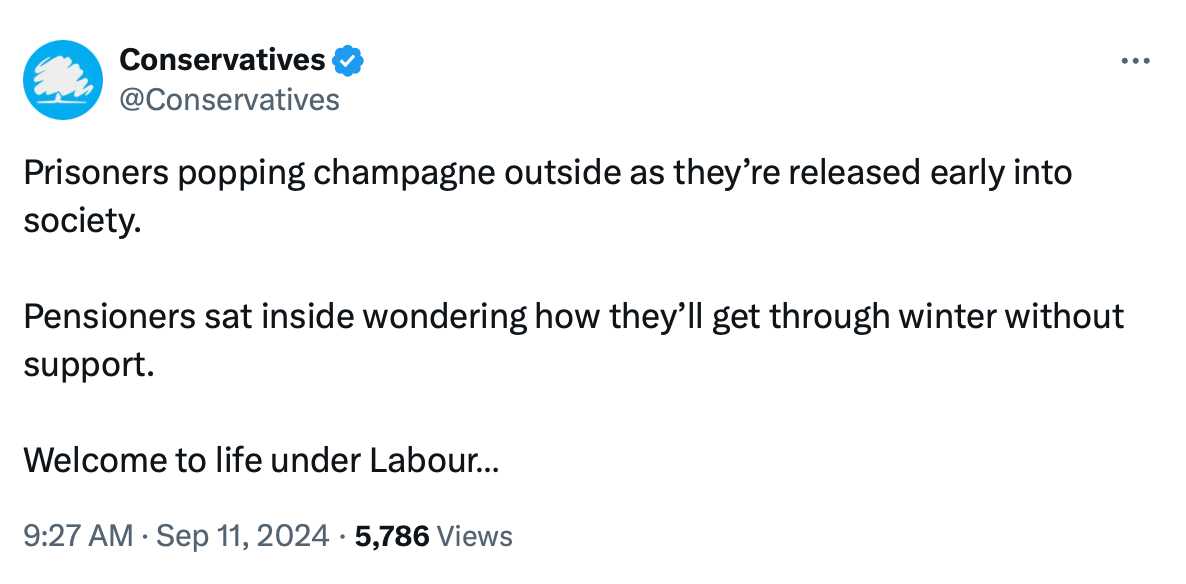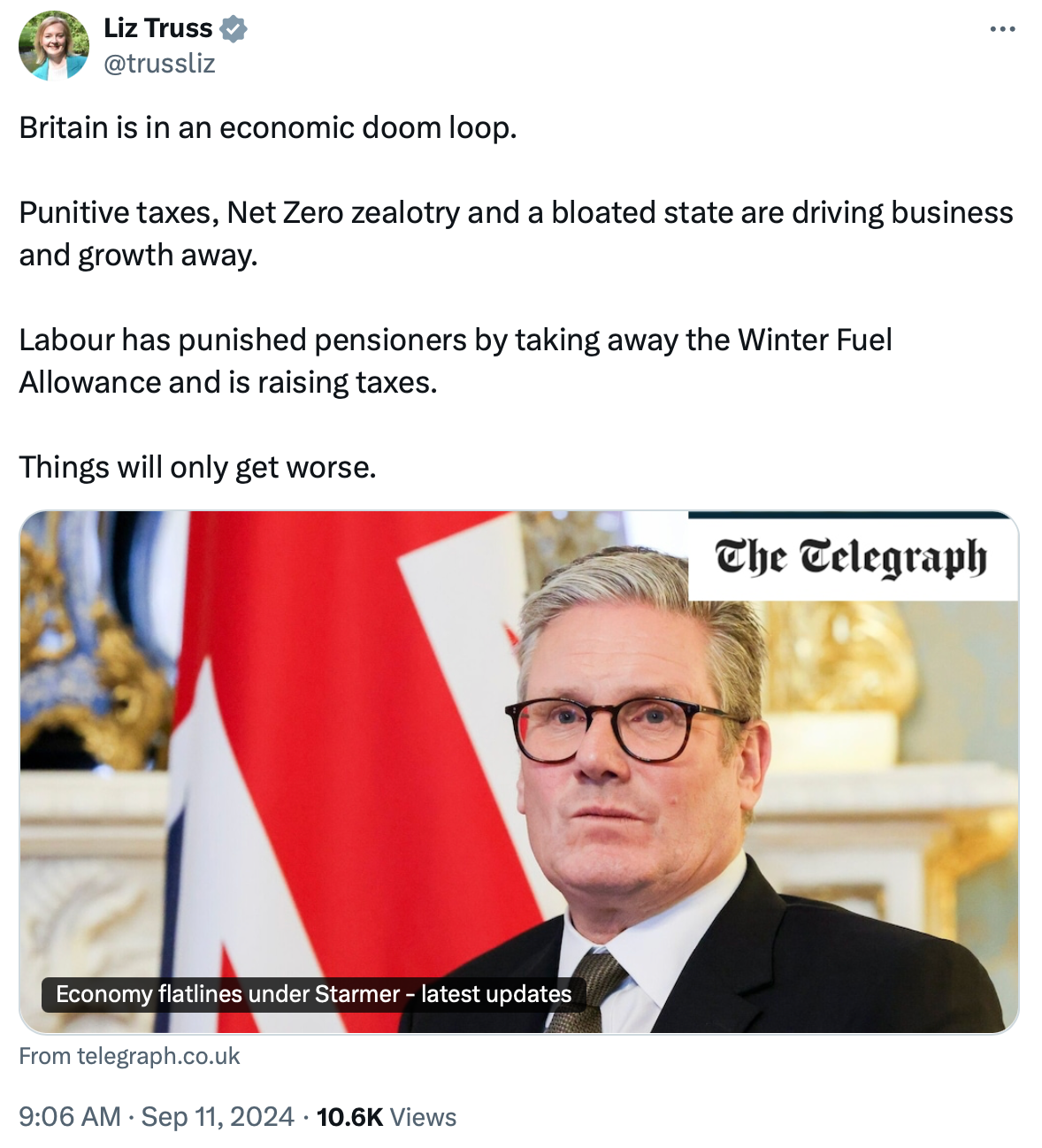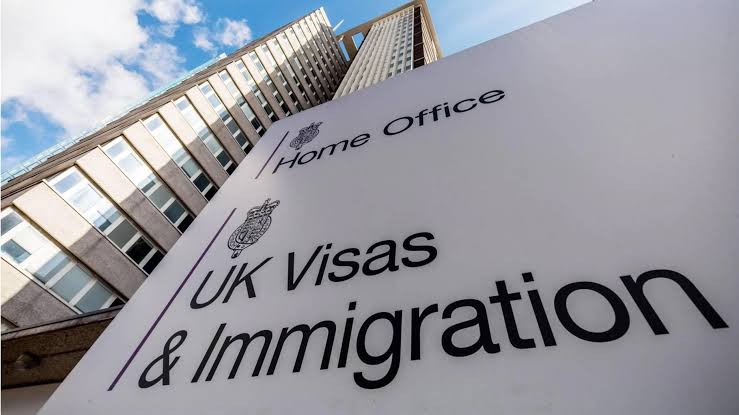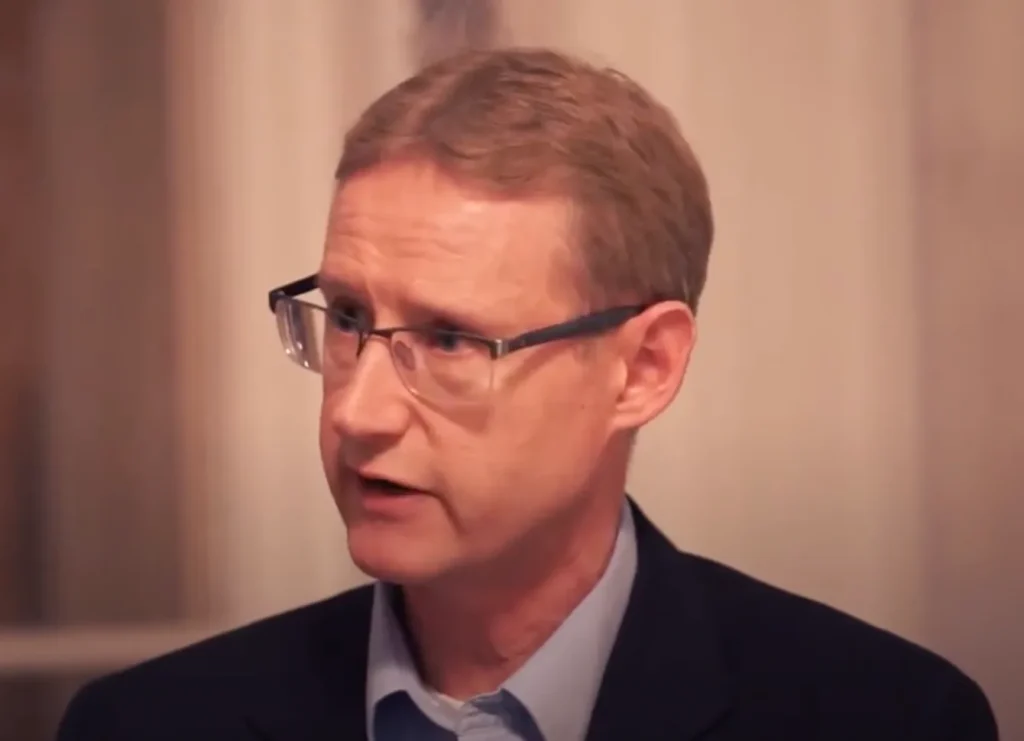Successful digital marketing involves constant review of your SEO, PPC campaigns and website UX, which can result in a sense akin to FOMO for marketers concerned about getting the best possible ROMI (Return on Marketing Investment).
Phil Turner of Bespoke explains how to judge if your marketing is working, and how to strike a balance between staying at the top of your digital marketing game, without confusing your customers through over-adaptation.
In 2023, digital ad spend in the UK is set to exceed £30billion. But research by Bespoke shows that, of that figure, an estimated 31% is wasted. That’s £9.3billion being spent every year on digital tactics that generate no, or limited, return.
We conducted our research by analysing the findings of our Digital Strategy Workshops carried out over five years with companies from across the North West and South East of England, two of the UK’s hotspots for digital marketing as a whole.
The workshops, targeted at inhouse digital marketers, start with an extensive audit of current spend on all areas of digital marketing. After analysing the results over five years, we were astounded to realise just how much digital marketing spend on average is currently wasted. The key culprits according to our findings are:
Spend on PPC on platforms that simply don’t work for that industry
PPC is not like playing the lottery. It’s not a case of being in it to win it. To avoid wasting money, PPC campaigns have to be aligned with buying behaviour for that industry. If you have a niche product that consumers search for, Google is the natural choice. If it’s a consumer product that’s disrupting the market in some way, Facebook is a good option. If it’s corporate B2B, LinkedIn is probably best. But rarely will you get good returns from all three. Yes, there can be a case of trial and error. But if it’s more often error, the best move companies can make to improve these digital tactics is simply to switch them off. The saved money can be put into meaningful investments such as UX, which in fact will help convert more customers who’ve reached the site through appropriate clicks.
Paid ads just left to run
Sometimes, when a PPC plan is put in place and can be seen to work, companies just leave it running. This “if it ain’t broke” attitude can lead to huge losses from campaigns that can actually be improved by ongoing management, maintenance and development. In the worst-case scenarios, we’ve seen many more companies than you might imagine, who have simply set up campaigns and then forgotten about them. In the interim, they have updated their products and services, making these old ads meaningless, and every click they get, simply a waste of money.
Again, the advice here is review your campaigns regularly and seek constant improvement. If they’re not working, turn them off, or change them.
Jumping too soon
The third most common way digital ad spend is simply wasted is where companies start spending before they have got the fundamentals right. If you have not carefully worked out your product or service’s positioning in the marketplace before you start spending on ads, you’re bound to be wasting a large portion of your budget.
The lesson is simple: Look before you leap. Spending the time, before you start spending your money, to get your digital strategy aligned with your products’ USPs in the context of the marketplace you’re entering will save you huge amounts of budget in the long-run.
Companies can avoid wastage by investing money and time in getting their digital strategy right before they start handing their money to Google or social media platforms.
Being aware of the potential areas of digital wastage can be the absolute decider between glorious success or outright failure as an online marketer.
Strategy
As a simple question, does your web strategy make your business stand out in your industry? A well researched strategy is fundamental to successful online lead-generation. To perform well, websites and campaigns should be designed around a well researched strategy. For example, one that includes deep profiling of your ideal customer, consistent marketing messages that have been proven to excite your customer, and an understanding of the expected return on investment across each of the digital channels available to you.
Website
Do you have a performance website with a great conversion rate? Many business persevere with an old or underperforming website for too long. A performance website is designed based on data and built with advanced lead-magnets. For example, a performance website might convert 1 in 20 of its visitors to leads whilst a regular website might only convert 1 in 200.
A brand refresh and website redesign by senior professionals who are specialist in your sector will typically improve performance overnight (on average we see an instant 15% performance increase when we relaunch a website – equivalent to £100,000s of new business in some cases).
Marketing
Do your campaigns get more high quality leads than competitors? When a business has a good strategy and website in place it makes sense to invest in online marketing campaigns to drive laser targeted prospects to your lead magnets.
Yet, we often see budget being wasted on campaigns that are poorly targeted or whose key messages do not excite the target customer. When it comes to marketing campaigns there is competition for the best value traffic across digital channels so it pays for your campaigns to be in the best shape they possibly can be.
When these three essentials are fully developed and working in harmony, a business gets the best possible flow of quality leads from its website and other online marketing. But if any of the three are not quite as they should be, the whole marketing operation underperforms. A weakness in one weakens the others too.

















